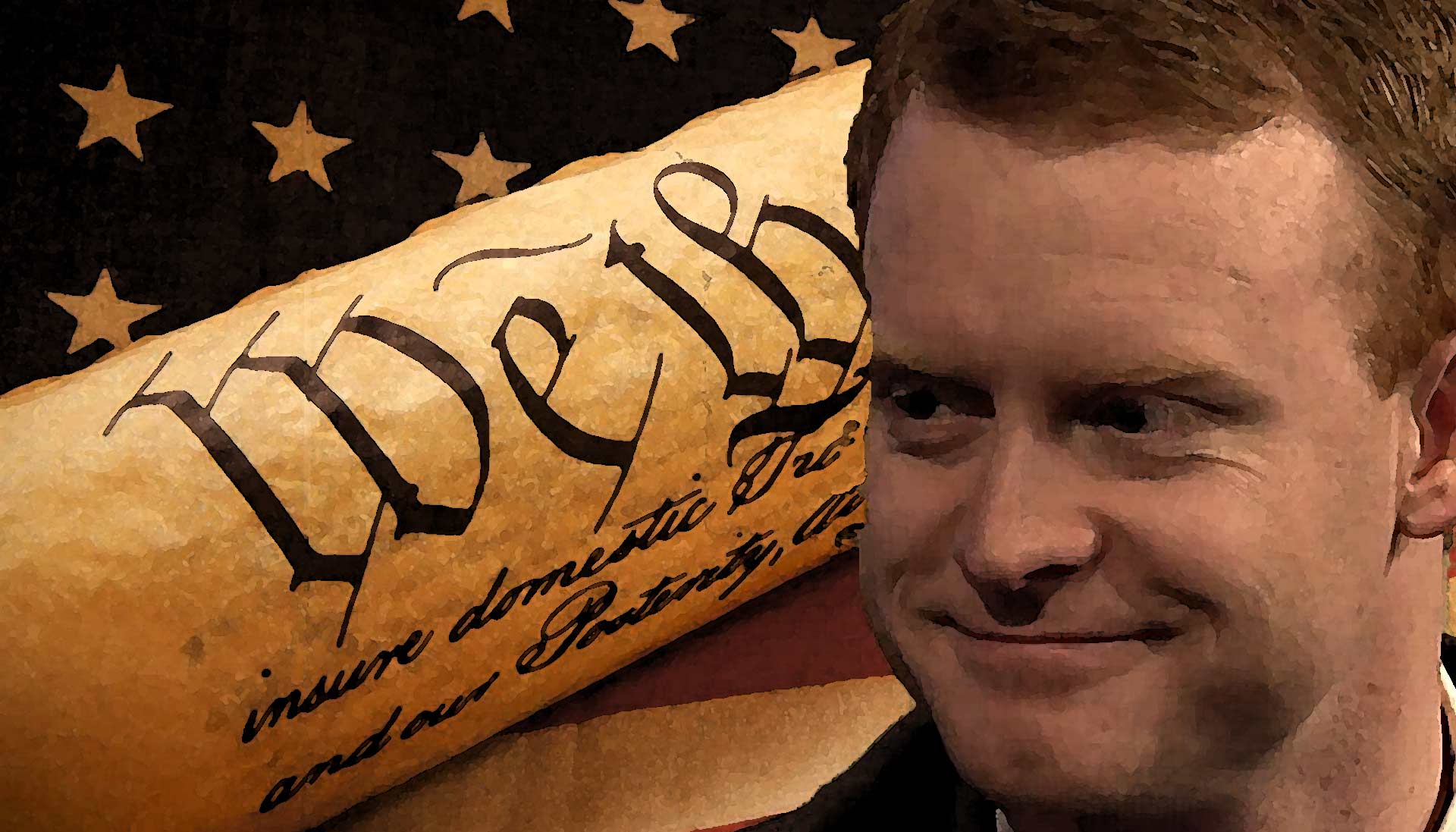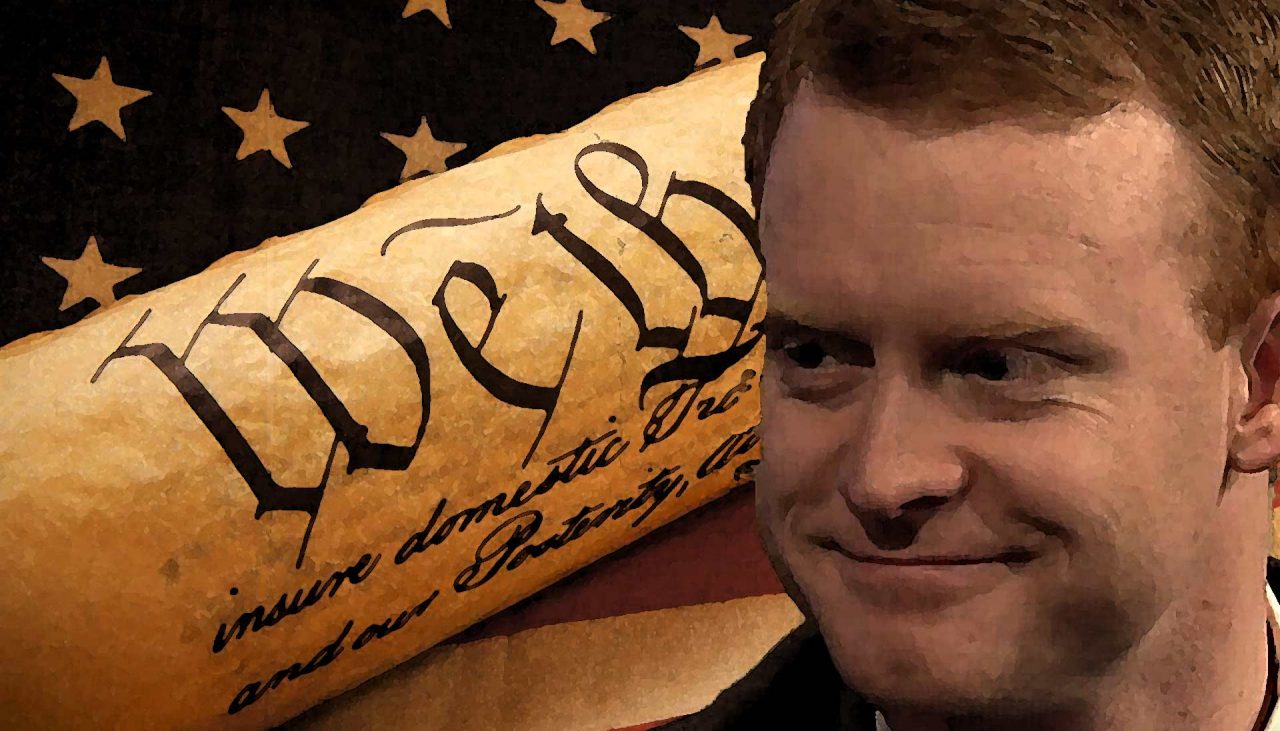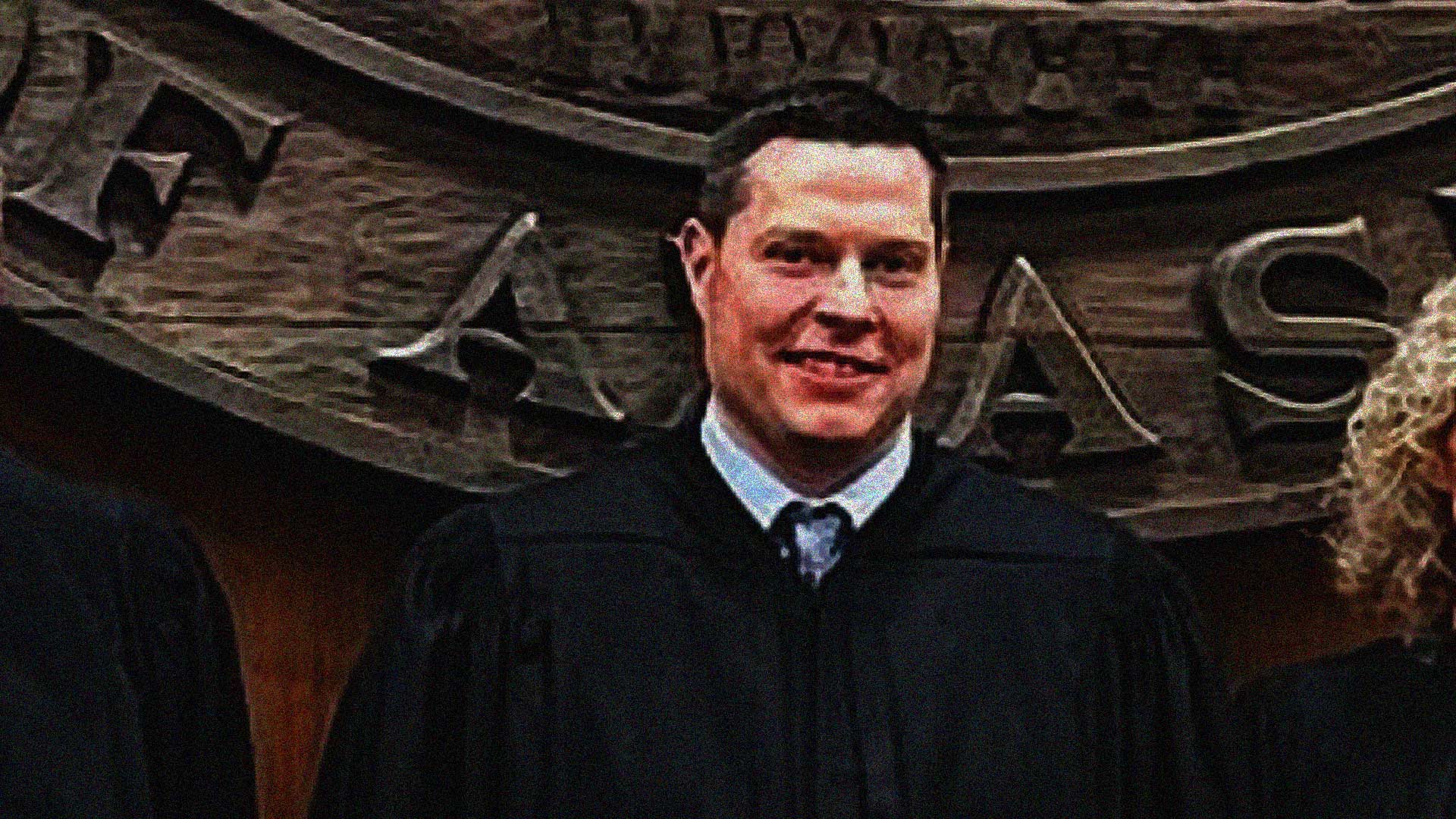
Randall Kowalke, who unsuccessfully sued to prevent Alaska State Rep. David Eastman (R-Wasilla) from holding public office, will not appeal an Anchorage Superior Court judge’s ruling that Eastman is qualified to hold public office in Alaska, despite being a member of Oath Keepers.

In a short one-page filing, Kowalke notified Judge Jack McKenna on Jan. 3 of his decision to not seek an appeal.
Eastman easily won reelection to a fourth consecutive term in the State House in November, but his victory has not yet been certified since McKenna ordered the Division of Elections to delay certification until after the trial and any appeal that could have been filed.
The court is scheduled to hold a hearing on Jan. 4, at which time Judge McKenna could instruct the Division of Elections to certify Eastman’s victory so he can be seated with all other lawfully elected legislators for the upcoming legislative session, which begins on Jan. 19.
On Dec. 23, McKenna rejected Kowalke’s argument that Eastman should be banned from holding state office because the Alaska Constitution prohibits citizens from serving in public office if they are members of an organization that seeks to violently overthrow the government.
While the judge said he agreed with the plaintiffs assertion that Oath Keepers advocates for violent overthrow of the government, he said membership in the organization is protected under the First Amendment of the U.S. Constitution.
Eastman joined Oath Keepers more than a decade ago, but has had minimal association with the group outside of a few small donations.
The Oath Keepers has been at the center of national discussions since Jan. 6, 2021, after a small group of the 38,000-member organization took part in the events that unfolded at the U.S. Capitol.
Eastman attended the Jan. 6 rally, along with tens of thousands of other peaceful attendees, but he never marched on the Capitol, nor has he ever advocated for the overthrow of the government.
McKenna’s final ruling said mere membership in a group such as Oath Keepers cannot be grounds for barring someone from serving in public office, even if the Alaska Constitution indicates otherwise.
McKenna observed that the Alaska Constitution’s disloyalty clause, which is identical to Hawaii’s statehood act, was originally meant to address concerns about “alleged communist activity in Hawaii at the time.”
ALASKA WATCHMAN DIRECT TO YOUR INBOX
Alaska’s delegates thought such wording was necessary for Alaska to be admitted to the union, he added
“However, no substantive conversations or debate took place on the meaning of the provision,” McKenna wrote. He added that the provision has never been applied in Alaska case law, but that it must be interpreted in harmony with the U.S. Constitution.
The judge then noted that the wording of Alaska’s disloyalty clause seems to run contrary to the First Amendment.
“The First Amendment to the United States Constitution requires that a person’s otherwise lawful association with an organization may not be burdened by state action unless the person has a specific intent to further the illegal aims of that organization,” the judge wrote.
Additionally, he observed that Alaska’s Constitution must comply with the First Amendment which prohibits laws abridging the freedom of speech.








8 Comments
It’s great that Judge McKenna came to his senses and ruled as he did. I could see him in front of the Supreme Court explaining his thoughts if he hadn’t. As for Representative Eastman, congratulations! Now let’s get down to work. As for Mr. Kowalke if I were in this I’d counter sue for defamation. I believe Representative Eastman would win that case too!
This Judge is a complete ID 10T to say that Oath Keepers intends to overthrow the US Government when they are clearly the ones advocating for the Constitution. The people who are advocating unconstitutional are the Senators and Representatives in Congress that continually undermine and ignore the Constitution on a daily basis.
Fauci Dunleavy Franklin Graham Zink Murkowski all pushed the poison.
Congratulations David. Keep fighting for Alaska.
Can you hear that sigh of relief coming from the governor’s office? If Eastman would have lost,dunleavy would be forced to give a response!
Go back to sleep Mike, hit the snooze button, crisis averted!
Aside from a counter-suit on Eastman’s behalf, let us see how courageous the new state senate will be in beginning an impeachment investigation of the entire runaway, rogue judicial branch. [HINT: It won’t happen.]
McKenna did not “come to his senses”. No, he merely dared to expand the already much-agreed-upon fact that the judiciary has not “overreached”, but in fact has — decades ago now — OVERTHROWN the constitution. Not even a jury trial, not even an indictment for Eastman? Ummm … how is this possible? The oaths of judges, executives and legislators to defend the state and federal constitution have become a laughingstock.
Just this evening, McCarthy won the Speaker of the House seat. I hope that he holds true to his promises; but, I doubt it. In addition, where were Murkowski and Sullivan during this election for the House speaker?
A win for the Constitution! Keep fighting Dave!